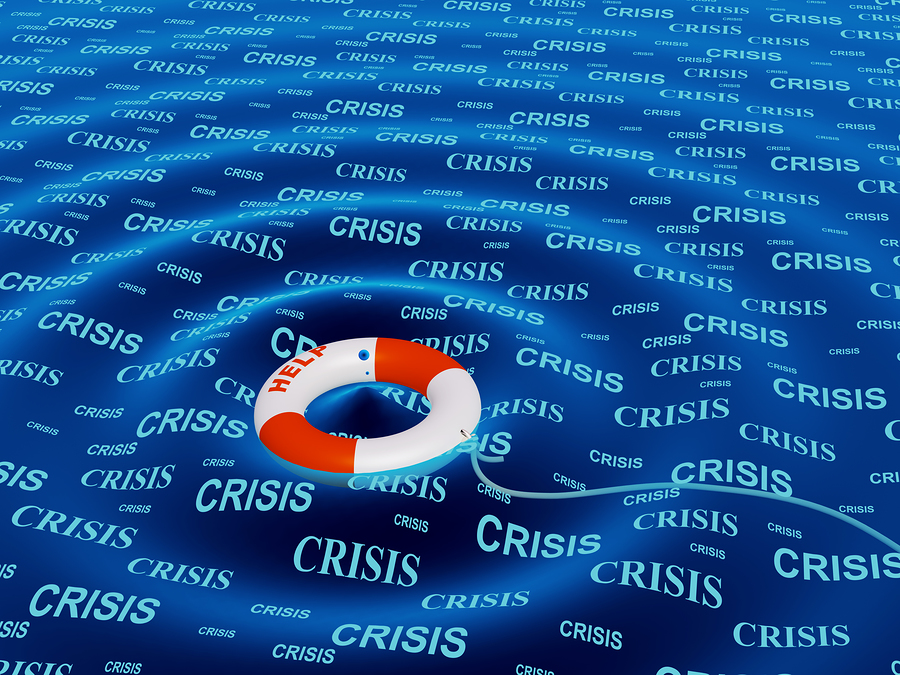 Quick. Find the plan that tells you exactly what to Tweet or email when someone complains about your product. Or worse, when they start doing it very publicly and start gaining momentum. This week I saw Facebook fans of Mashable begin complaining about the number of posts to their pages. Within minutes dozens of people stopped talking about the topic at hand and started joining the chorus. An hour later it had become a mantra of unhappy fans all saying that they were no longer interested in Mashable updates because there were too many.
Quick. Find the plan that tells you exactly what to Tweet or email when someone complains about your product. Or worse, when they start doing it very publicly and start gaining momentum. This week I saw Facebook fans of Mashable begin complaining about the number of posts to their pages. Within minutes dozens of people stopped talking about the topic at hand and started joining the chorus. An hour later it had become a mantra of unhappy fans all saying that they were no longer interested in Mashable updates because there were too many.
Mashable did the right thing. They created a new fan page for people who want real time, frequent updates and promised to drop the frequency on the primary page drastically. The negativity went away and fans applauded the effort. Most importantly, Mashable probably kept most of the people who wanted to engage with the brand, just not so frequently. And, Mashable did it within a few hours.
Does your business have a plan for this type of event? What about a product recall? Embarrassing personal situation with the founder? Have you done real world scenarios with your customer service staff or receptionist to drill home the correct way to handle the unthinkable? When I talk to crisis clients they usually have one thing in common. There’s no plan. So they are reacting, gathering facts and trying to communicate all at the same time. It makes a bad situation exponentially worse.
It’s not pleasant to think about the sky falling. But it’s a valuable way to keep it from happening in the first place, or from becoming the event that irreparably damaged your business. Consider having a crisis communications firm on retainer. Have a webinar with your employees to talk about what-if situations. Any assertive action you take now will benefit you if the need arises.


